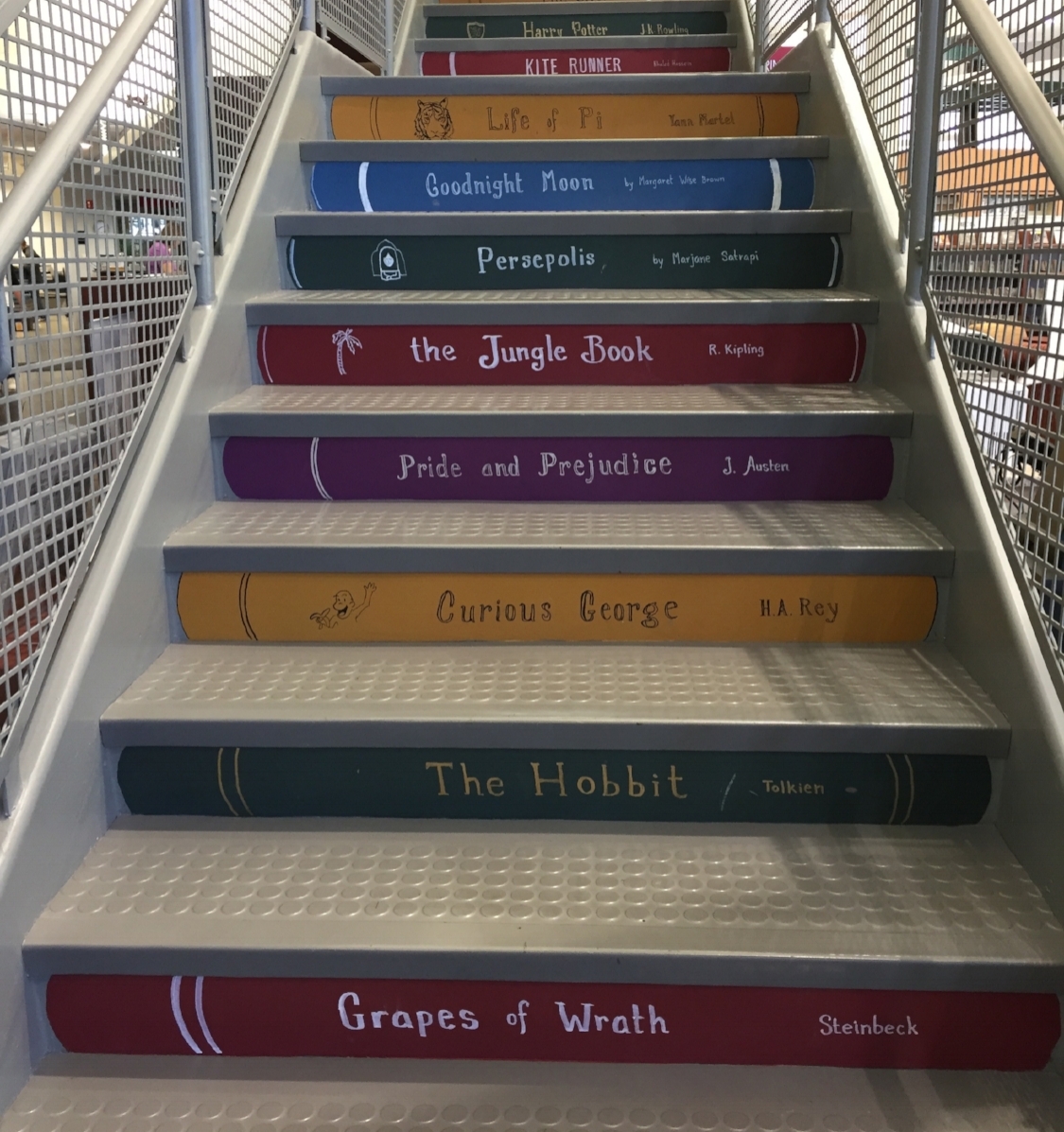The Surprising Purpose of Gifts
/Photo credit: Jenn Langefeld
Don’t think your gift is what you’re called to give; it’s the vehicle.
Michael Card
The first time I heard singer/songwriter Michael Card say this at a conference in Michigan a dozen years ago, I was startled. And a bit confused.
Years later—coming across it while going through my conference notes—it startled me again. And challenged me.
Every human being has gifts, talents, and abilities. They come with the skin—the humanness. Along the way, many of us come to realize that these gifts aren’t for ourselves alone, but for others. That’s the purpose, right?
A doctor’s skill goes to cure other people. She doesn’t keep it just for herself or her family.
An aircraft mechanic doesn’t stay tinkering in his own garage, but works at the airport, fixing planes that will take hundreds of people all around the world.
A teacher’s knowledge doesn’t stay in his head for his own enrichment, but comes out in the form of guidance, direction, instruction, and encouragement.
And a writer’s stories are meant to go out into the world—for the good of readers.
Our gifts—yours and mine—serve others. Got that.
But what does Michael Card mean when he says that our gifts aren’t the WHAT we give, they are the HOW?
The gift is the vehicle. The “how” something gets there.
So what are they meant to carry? To transport?
A writer can give the gift of a story, but what is that story delivering? Darkness…or light? Bitterness and prejudice…or freedom?
Ideally, a doctor’s gift brings healing. A mechanic’s—stability and safety.
The teacher encourages the mental and physical growth needed for a student’s good future.
The fiction writer’s words carry understanding, knowledge, wisdom, compassion, cheer, delight, and so much more.
But there is something that is meant to be at the root of all these things. Its absence often leads people to say, “Well, that was a misuse of his gifts!”
Love. That word — so overused, so misunderstood. So needed.
We’re called to give love.
It is love that heals, encourages, secures, enlightens, challenges, instructs, and makes wise.
The gift is only the means. Only the vehicle.
Perhaps that’s what Michael Card meant.













